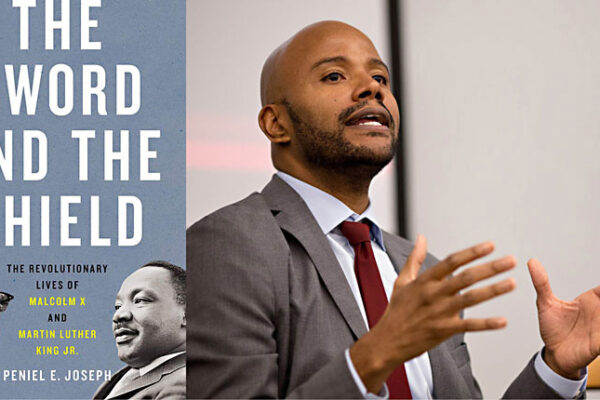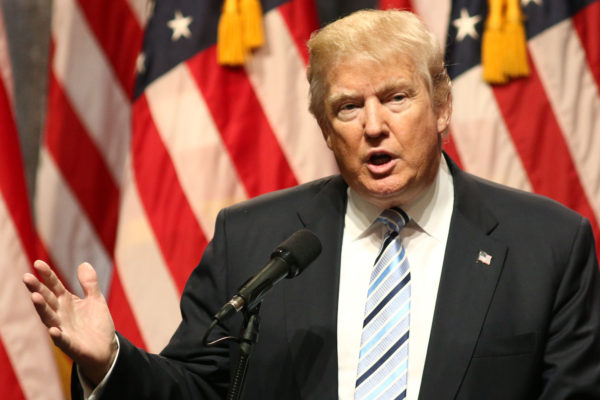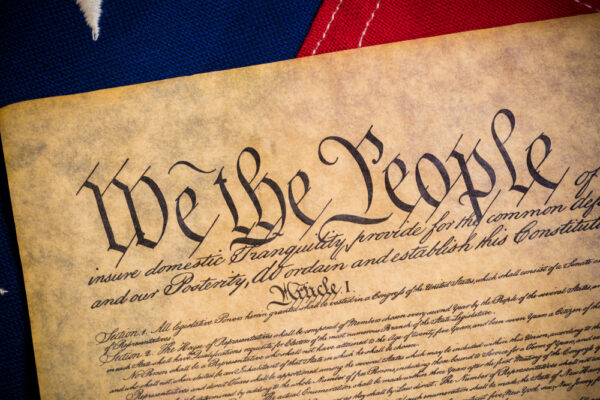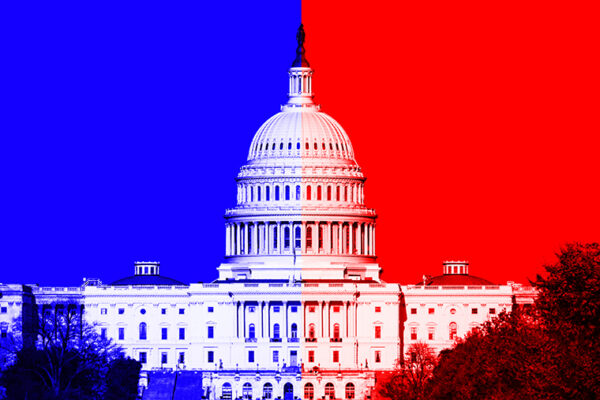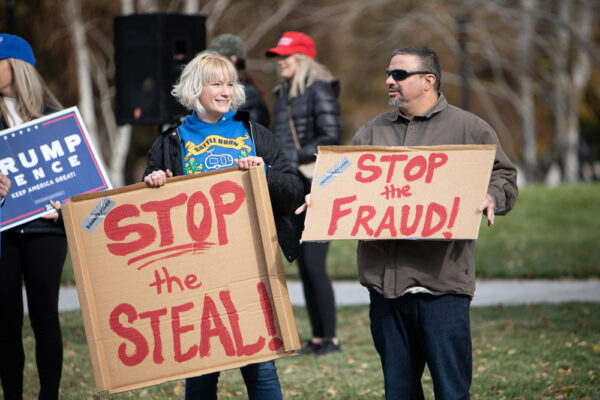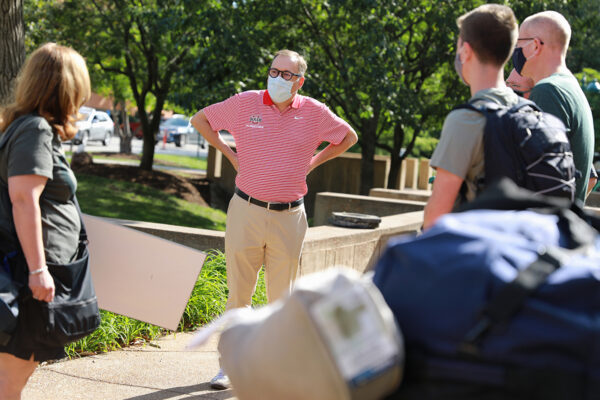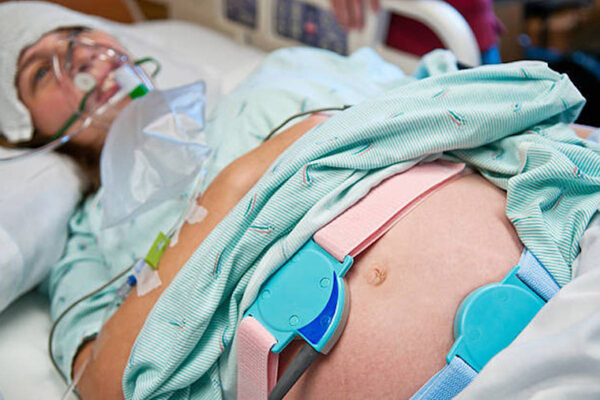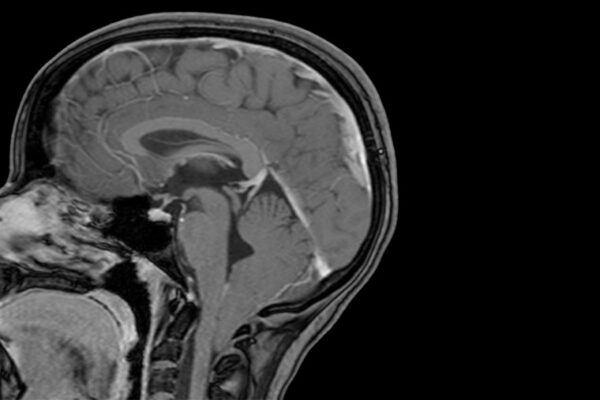Put a flake on it: A new way to add electrical charge
Gaining control of the flow of electrical current through atomically thin materials is important to potential future applications in photovoltaics or computing. Physicists in Arts & Sciences at Washington University in St. Louis have discovered one way to locally add electrical charge to a graphene device.
King commemoration to feature university’s Martin, author Joseph
For this year’s virtual Martin Luther King Jr. Commemoration, Lerone Martin, associate professor of religion and politics, will interview Peniel E. Joseph, of the University of Texas at Austin and author of “The Sword and the Shield.” The book challenges persistent misconceptions about King and Malcolm X’s relationship and quests for justice.
Trump self-pardon might open him to prosecution
As Donald Trump prepares to leave the presidency Jan. 20 in the wake of being accused of fomenting the riot at the U.S. Capitol, he is reportedly considering an unprecedented move: the self-pardon. While no president has ever pardoned himself, the act might be more trouble than its worth for Trump, notes Dan Epps, a law professor at Washington University in St. Louis.
What is the 25th Amendment?
In light of the Jan. 6 mob attack on the U.S. Capitol building, many Democrats, and even some Republicans, have called for the use of the 25th Amendment to remove President Trump from office. What is that amendment and how does it work? Washington University in St. Louis law professor Greg Magarian explains.
Is compromise possible in a split Senate?
While there are no formal rules about how the Senate should function in the event of an even split, there is a template, says an expert on congressional politics at Washington University in St. Louis.
Mob at Capital building amounts to insurrection
When a group violently attacks a government institution, in an effort to change the lawful governmental order, it is insurrection, says a law expert on the U.S. Constitution at Washington University in St. Louis.
Orange is the new ‘block’
New research from Washington University in St. Louis reveals the core structure of the light-harvesting antenna of cyanobacteria — including features that both collect energy and block excess light absorption. Orange carotenoid protein plays a key protective role, according to Haijun Liu, research scientist in chemistry in Arts & Sciences at Washington University in St. Louis.
It wasn’t all bad: new research, relationships marked 2020
To celebrate 2020 seems absurd, even wrong — and yet, perhaps necessary. In 2020, members of the Washington University in St. Louis community made new discoveries and friendships; accomplished incredible feats in teaching and learning; welcomed amazing new students; and said goodbye to one of the greatest leaders in university history.
For moms, oxygen during childbirth often unnecessary
Researchers at Washington University School of Medicine have found that there is no benefit in providing supplemental oxygen to mothers during labor and delivery, a decades-long and common practice. Infants born to women who received supplemental oxygen fared no better or no worse than those born to women who had similar labor experiences but breathed room air.
Common brain malformation traced to its genetic roots
Researchers at Washington University School of Medicine have shown that Chiari 1 malformation can be caused by variations in two genes linked to brain development and that children with large heads are at increased risk of developing the condition.
View More Stories

